Biodiversity is a major issue today. One reason for this is that the loss of biodiversity poses a threat to the sustainability of natural resources, such as water and raw materials, that are needed by companies. Although biodiversity is closely linked to business risks, tackling this issue can create new business opportunities.
This time, Yuka Sawai from Dentsu’s Sustainability Consulting Office interviewed Shigeharu Asagiri, President of COEDO Brewery, which is a popular craft beer brand representing Kawagoe City in Saitama Prefecture. Since its founding, COEDO has been dedicated to addressing biodiversity. The interview aimed to explore insights into how biodiversity can be integrated into business.
Additionally, they discussed COEDO Brewery’s initiative of converting an artificial-turf soccer field into a barley field. The interview also introduced the Butterfly Check tool, which visualizes the impact of biodiversity on business, as well as ideas for generating business opportunities based on this tool.
Why COEDO Brewery is committed to protecting biodiversity
“We need to be aware that biodiversity is sacrificed for the sake of agriculture,” Mr. Asagiri said unexpectedly, as he gazed at his company’s barley field. “Even here,” he continued, “We are forcing this field to grow barley for our own ends, and that essentially goes against biodiversity.”
“For that reason, we now need to focus on organic farming and the environment, not for the sake of us humans, but primarily for the sake of biodiversity.”
Agriculture involves nurturing and managing nature, but large areas are often used to grow single crops in order to boost efficiency. This damages certain ecosystems, making it difficult for diverse species to cohabitate and threatening biodiversity. While agriculture can be beneficial for preserving biodiversity, it can also be a main cause of the loss of biodiversity. Mr. Asagiri appeared to be very committed to practicing agriculture with an awareness of the need to maintain harmony with nature.
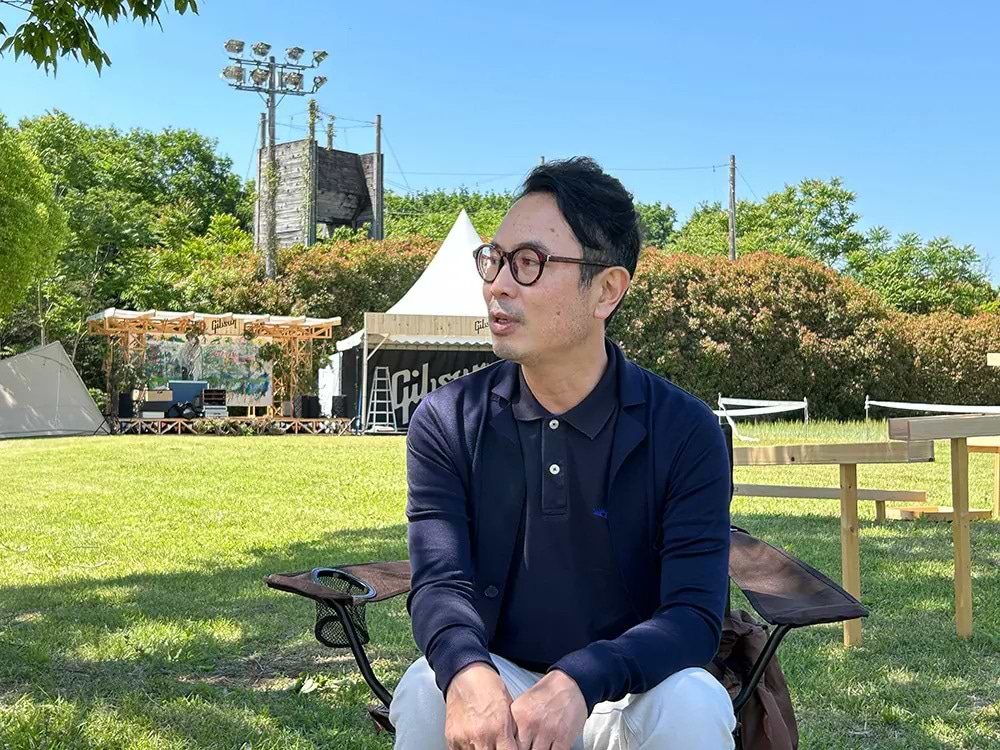
Kyodoshoji Corporation, based in Kawagoe City, Saitama Prefecture, produces the COEDO brand of craft beer using locally sourced agricultural products. For example, its popular Beniaka beer is made from locally grown sweet potatoes that are considered unsuitable for supermarket sale due to their size or shape.
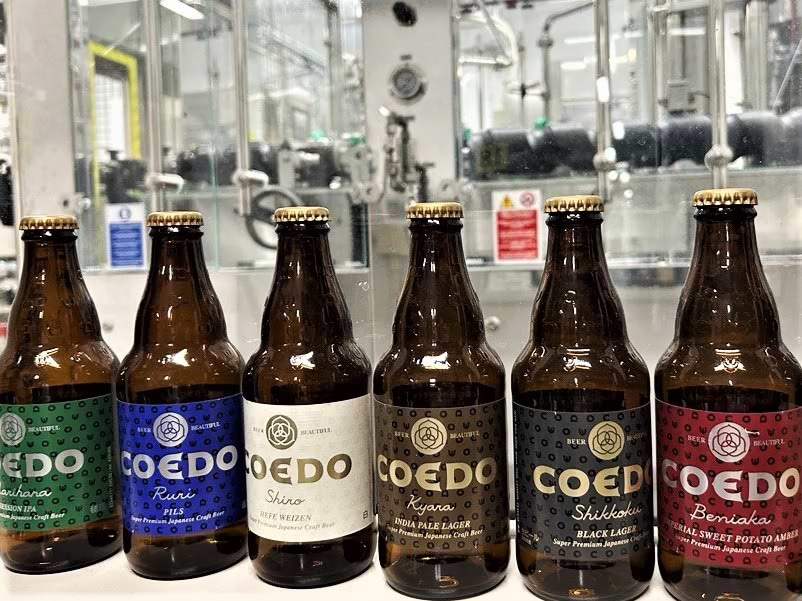
Actually, the corporation's main business is as a specialized fruit and vegetable trading company. It has a long history of working with local farmers to protect the environment. In the 1970s, the company pioneered efforts in organic farming, pesticide-free cultivation, and reduced agrichemical use—approaches that were innovative at the time.
At its brewery, the company features a biomass power generator, which is uncommon among craft beer breweries in Japan. The generator not only generates renewable energy from byproducts of beer production, but also makes full use of the liquid waste.
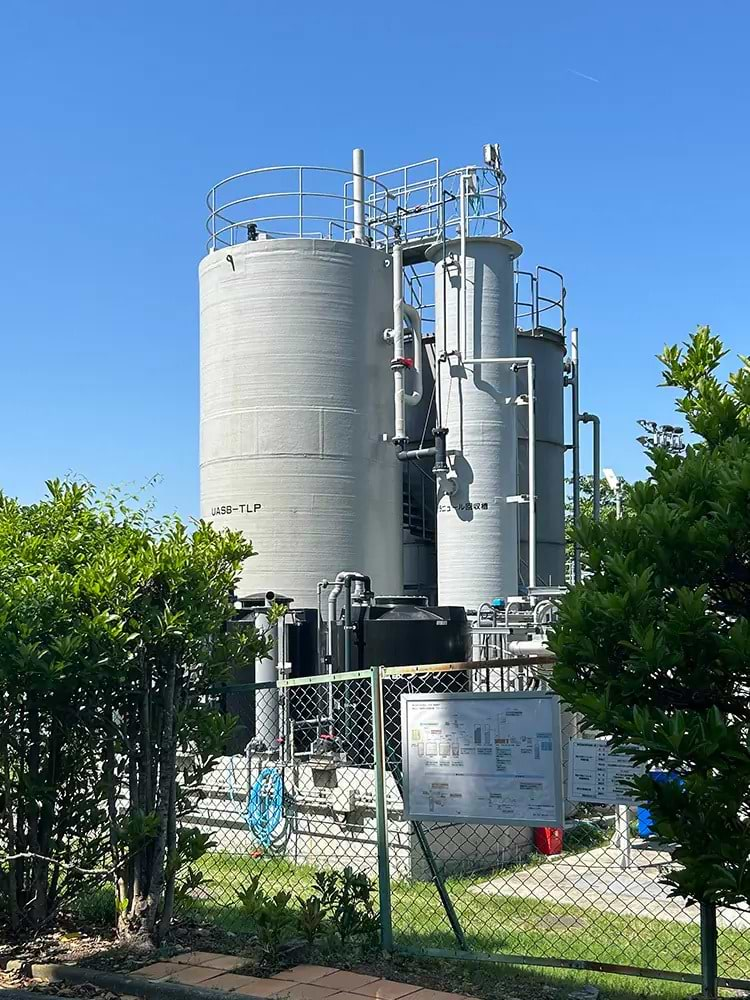
Mr. Asagiri explained the reason the company began using biomass power generation: “Liquid waste from beer production is certainly not hazardous, but since it contains nutrients, it does not meet wastewater discharge standards.
“Usually, microorganisms are used to break down these nutrients, but this process generates a large amount of dead microorganisms, which cannot be discharged as is, because they contain phosphorus and nitrogen. For that reason, we use methanogens, and adjust environmental conditions to make it easy for these methanogens to consume the nutrients.
“The resultant byproduct is a biomass gas that contains methane, so we can use it to generate power. We can even sell the electricity to generate revenue. We also use bacteria to break down the remaining waste, remove phosphorus from the liquid, and sterilize the liquid to ensure that it meets wastewater discharge standards.”
Using the Butterfly Check to assess how actions contribute to biodiversity
In December 2023, COEDO Brewery conducted a pilot test of Butterfly Check, a service, jointly developed by Dentsu and Think Nature Inc., to visualize impacts on biodiversity and businesses.

What is the Butterfly Check?
Butterfly Check is a service that assesses the impact of a company’s environmental activities on both biodiversity and its business. Typically, biodiversity and business issues are addressed independently, but this service integrates them using an image of butterfly wings. This allows users to analyze their relationship from a broader perspective: Points that might be improved and potential business opportunities are identified. (Click here for the news release *Japanese only)
COEDO Brewery participated in a test run of the Butterfly Check service to assess the impact of a series of actions it had taken in connection with the environment. It had turned an artificial-turf soccer field at its brewery into an organically farmed barley field. The changeover was a starting point for other initiatives, including the sale of craft beer made with barley harvested from that field at a music festival.
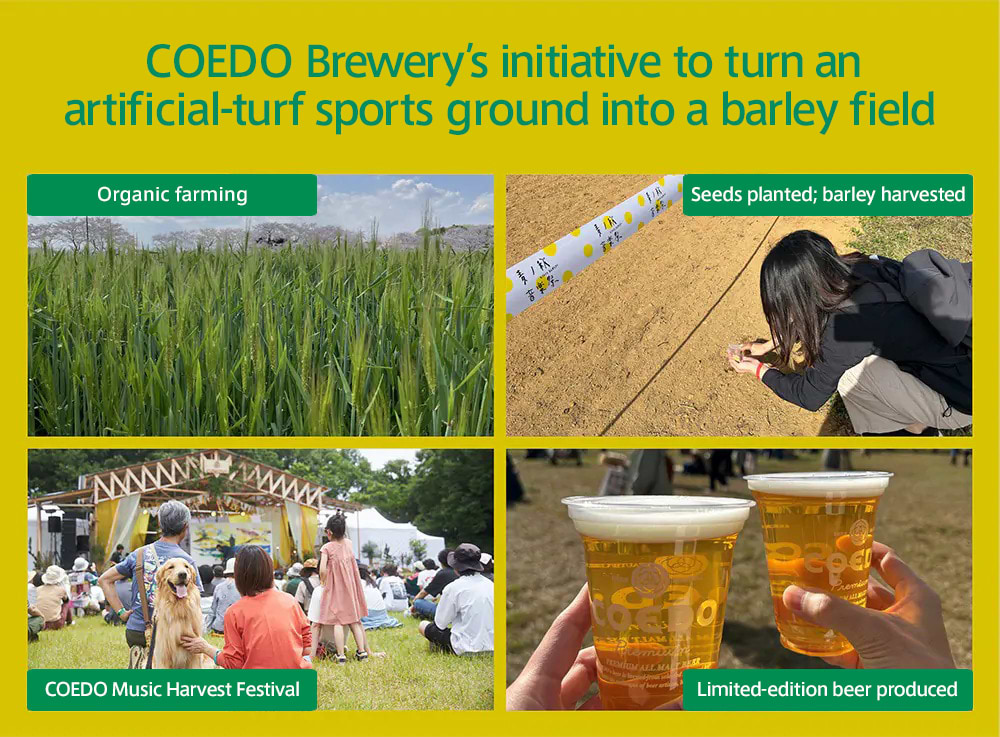
The analysis showed that converting the artificial-turf field into a barley field led to nearly a near nine-fold positive impact on species diversity and ecosystems. Notably, water-linked ecosystems improved, as the agricultural land demonstrated enhanced water retention and regulation capabilities. On the business side, the analysis highlighted contributions to strengthening COEDO’s brand image and supporting recruitment efforts, ultimately increasing the company’s overall business value.
Mr. Asagiri shared his thoughts on the results: “I was confident in the agricultural practices we had been implementing, but we had not been able to quantify our progress. Using Butterfly Check, we could scientifically verify that our activities are nature positive. I was also pleased to see that our values were recognized by customers. From the standpoint of nature and business, we could see the results and identify what needed improvement.”
Making biodiversity beneficial for local and global business
A session was held with Mr. Asagiri and Makoto Tanabe, head of the brewery division. They discussed how to promote to biodiversity and develop business, based on the analysis results from Butterfly Check.
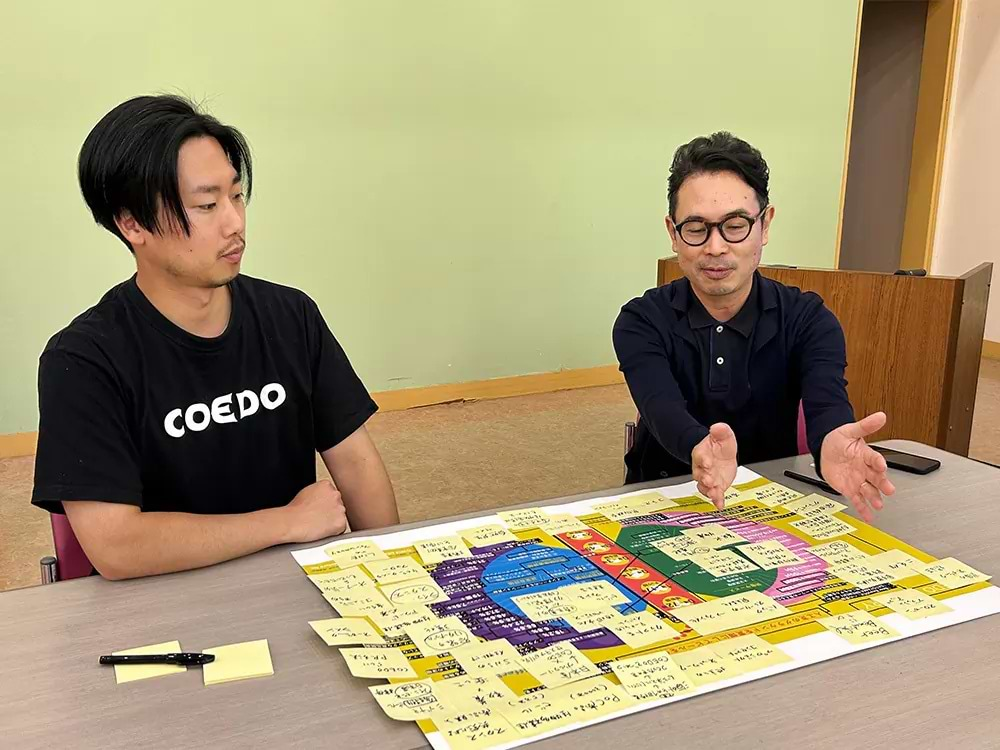
At the start of the session, a large printout displaying the results of Butterfly Check spread out on the meeting room table.
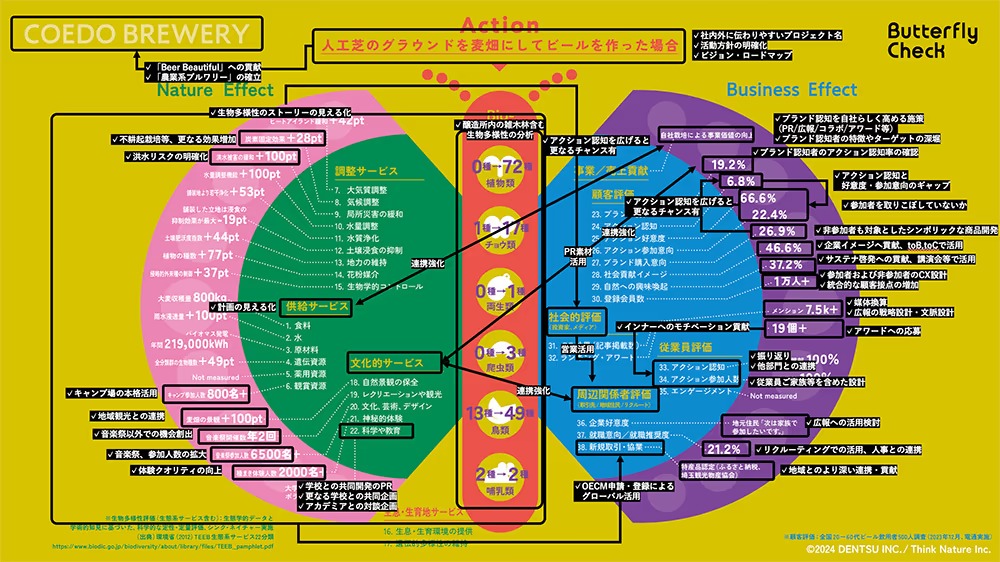
| Step 1: | Focus on the center and left wings of the butterfly image, and discuss ways to enhance and contribute to biodiversity and the natural environment The two meeting participants began by considering of ways to increase the positive impact on species and nature as they examined the measurements on the image. |
| Step 2: | Move from the left wing to the right wing, and discuss how to convert the positive impacts on nature into value for stakeholders Once ideas related to nature were identified, the two participants discussed how their environment-related ideas could be of value for stakeholders. Considering all stakeholders, they examined the company’s current situation and imagined what more could be done. They questioned whether: customers were aware of the company’s agricultural initiatives; the proven benefits of its environmental initiatives could attract interest from overseas partners of businesses; and the company could form partnerships with local communities. |
| Step 3: | Examine all items and explore ways to attract public interest and increase the company’s value Finally, the two participants examined everything shown on both the left and right sides of the butterfly image. They discussed how the ideas developed so far could be consolidated into a more symbolic initiative, centered around the transformation of the sports ground into a barley field. They also considered whether new goals could emerge from the discussion and whether these ideas could contribute to further enhancing the company’s value. |
By applying these three steps, the two participants generated 28 ideas in 90 minutes. Butterfly Check served as the starting point for a wide range of ideas, including specific environmental initiatives, new product development, as well as approaches to international public relations, marketing, and corporate branding.
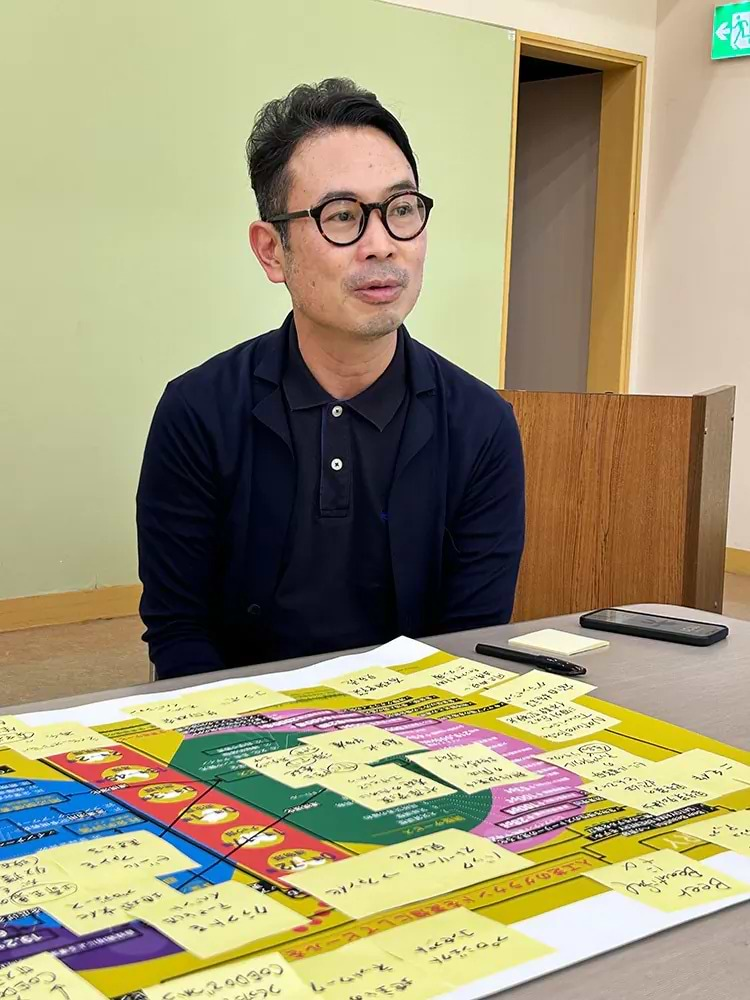
After the session, Mr. Asagiri shared his expectations: “It was interesting to see how nature, business, and companies can be organically linked, based on the results of Butterfly Check. While it’s important for our company to evolve, I also hope that Japan as a whole will evolve as a society that coexists with nature and creates a virtuous cycle.”
Through my interview with Mr. Asagiri and my participation in the session, I was reminded of the importance of linking business with biodiversity. I hope that we can contribute to supporting communities and the broader economy by taking a nature-positive approach and helping to revitalize companies.
